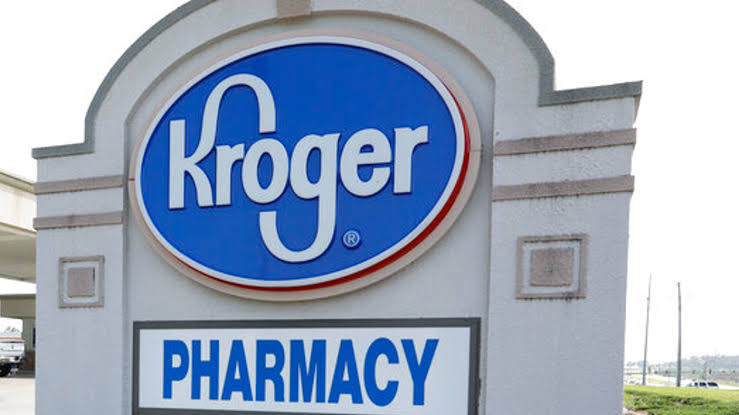Kroger Agrees to $1.4 Billion Settlement in Opioid Crisis Lawsuits
WASHINGTON (AP) — Kroger Co., one of the largest grocery chains in the U.S., has reached a settlement agreement to pay up to $1.4 billion over 11 years to resolve lawsuits related to the nation’s opioid crisis. Announced on Friday, the settlement includes up to $1.2 billion for state and local governments where Kroger operates, $36 million to Native American tribes, and approximately $177 million to cover legal fees and costs. Kroger operates stores across 35 states, excluding the Northeast, the northern plains, and Hawaii, making 33 states eligible for compensation under this deal. The company had previously reached settlements with New Mexico and West Virginia.

Over the last eight years, companies across the pharmaceutical industry—including drug manufacturers, distributors, consultants, and pharmacies—have committed to more than $50 billion in opioid-related settlements, with at least 12 agreements surpassing $1 billion. One of the larger settlements involving Purdue Pharma, the maker of OxyContin, is set to be reviewed by the U.S. Supreme Court later this year for legality.
Most of the settlement funds are intended to combat the ongoing overdose epidemic, which has caused more than 80,000 deaths annually in recent years. Although many of these fatalities are now linked to synthetic drugs like fentanyl, rather than prescription opioids, Jayne Conroy, a lead attorney for the governments involved in the lawsuits, emphasized that the opioid crisis fundamentally stems from widespread addiction to prescription drugs. “The problem is the massive amount of addiction,” Conroy said. “That addiction stems from the massive amount of prescription drugs.”
In addition to financial reparations, companies involved have committed to adjusting their business practices surrounding powerful prescription painkillers. These changes include restrictions on marketing and leveraging data to monitor overprescribing. While the non-economic terms for Kroger’s agreement are not yet finalized, they are expected to align with similar commitments from other companies in the industry.


Comments are closed, but trackbacks and pingbacks are open.